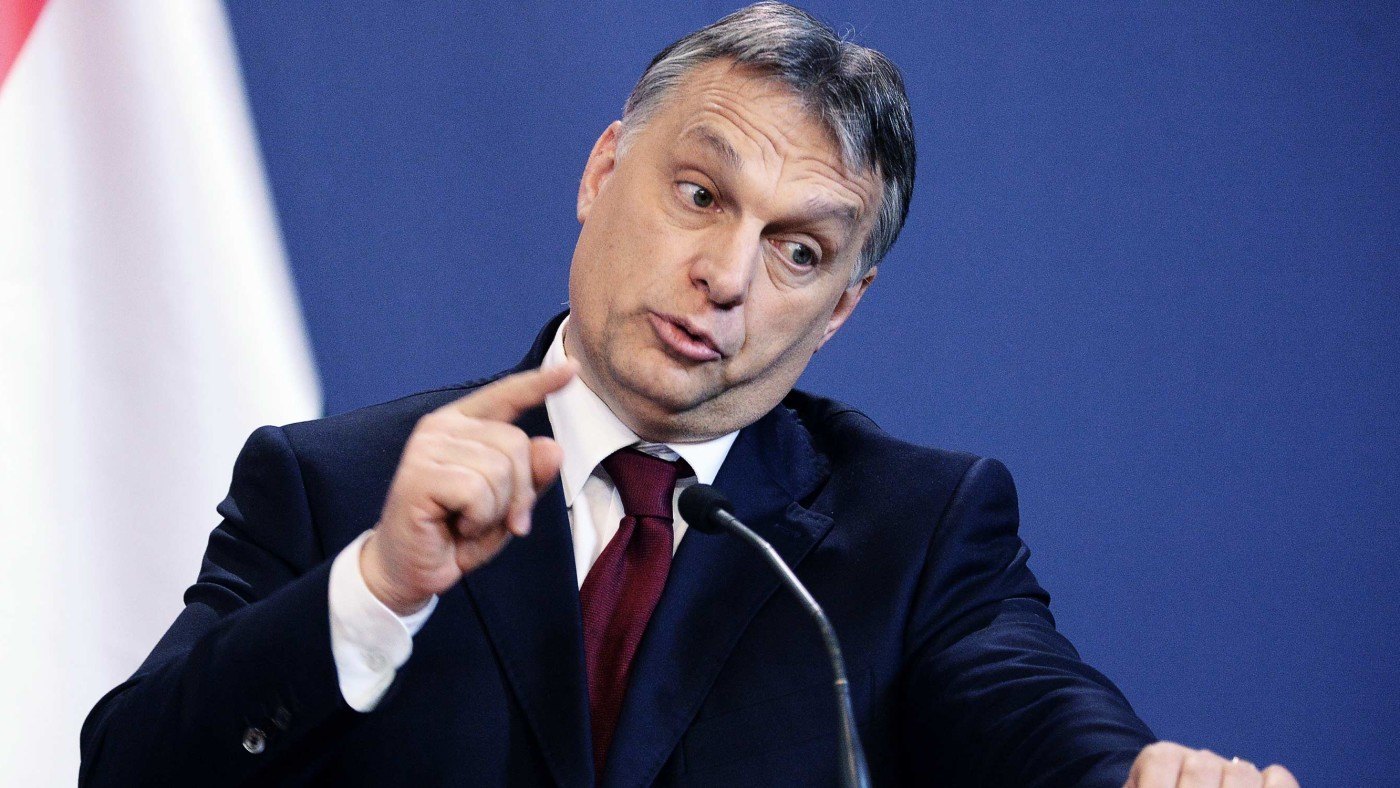Donald Trump’s most extreme ideas are routinely dismissed with a smirk, or viewed as mere campaign rhetoric. But there is a point when clowns stop being funny and get scary.
The United States has a choice this election, and it must take heed from Hungary, where a Trump-style leader has been in power since 2010.
Hungary is not usually an important country when it comes to international politics. But recently it has been the subject of news headlines around the world, with Hungarian Prime Minister Viktor Orbán building the border fence of Trump’s dreams.
Orbán’s party, Fidesz, was founded as a party of free markets and individual liberty. However these values have vanished, and the party now represents a significant threat to the freedoms of Hungarian citizens, continually nationalizing private assets, curtailing civil rights, and undermining democratic values.
This transformation was the result of Viktor Orbán’s efforts to take advantage of rising anti-immigrant sentiment, posing as a self-proclaimed savior who would make Hungary great again.
The recent construction of the border fence is just the latest policy designed to blame an outside force for the nation’s problems—just as Trump blames China. When it’s not immigrants, Orbán is making scapegoats of communists, the European Union, the United States, and so-called “foreign agents”
This latter term is applied to the civil society in Hungary. Orbán declared in 2014 that he is working to build an “illiberal state” modelled upon Russia, and like Putin, he has stated that every civil society group that receives money from abroad is a foreign agent.
The Hungarian government’s hostility towards civil society even prompted President Obama to publicly raise concerns about the difficulty this poses for NGOs. And Obama isn’t the only US politician to raise concerns about Orbán’s regime. In late 2014, Senator John McCain took the unusual step of calling the Hungarian Prime Minister a “neo-fascist dictator”.
Orbán openly plays the role of a far-right autocrat. Under his regime, Hungary’s Nazi past has been whitewashed.
An ugly statue distorts the center of country’s capital Budapest, depicting an Eagle symbolizing Germany swooping down on the innocent archangel which is Hungary. However, Hungary was far from an innocent victim of Hitler’s force. The country was amongst the very first in Europe to impose laws against Jews and Romani people before World War II.
Statues commemorating Hungarian politicians responsible for these anti-Jewish laws have been proposed in just the last few months. Thankfully, the planned statue of Bálint Hóman was stopped thanks to a US pressure last December, while in February a statue of György Donáth was cancelled due to public protests.
Democratic safeguards have also been weakened as Hungary has spiraled into a far-right dystopia. With freedom of speech and the powers of the constitutional court both being sacrificed by Fidesz since 2010.
Fidesz is currently proposing to amend the constitution for the 6th time since being elected—putting forward a proposal that will further erode individual rights.
The changes would allow the government to seriously curtail civil rights under the pretense of a terrorist threat, a term not clearly defined. Events could be banned, news publications censored, and state surveillance carried out on private citizens. Fidesz also wants to imprison anyone who uses encryption software to prevent surveillance, for up to 2 years—a policy that would put millions of citizens at risk.
Many Hungarians oppose Orbán’s far-right policies. These people take inspiration from the United States, where democracy and individual liberties still stand tall. And they are deeply concerned that America is starting to go down the same path they are now on, with a presidential candidate whose demagoguery threatens individual liberty.


